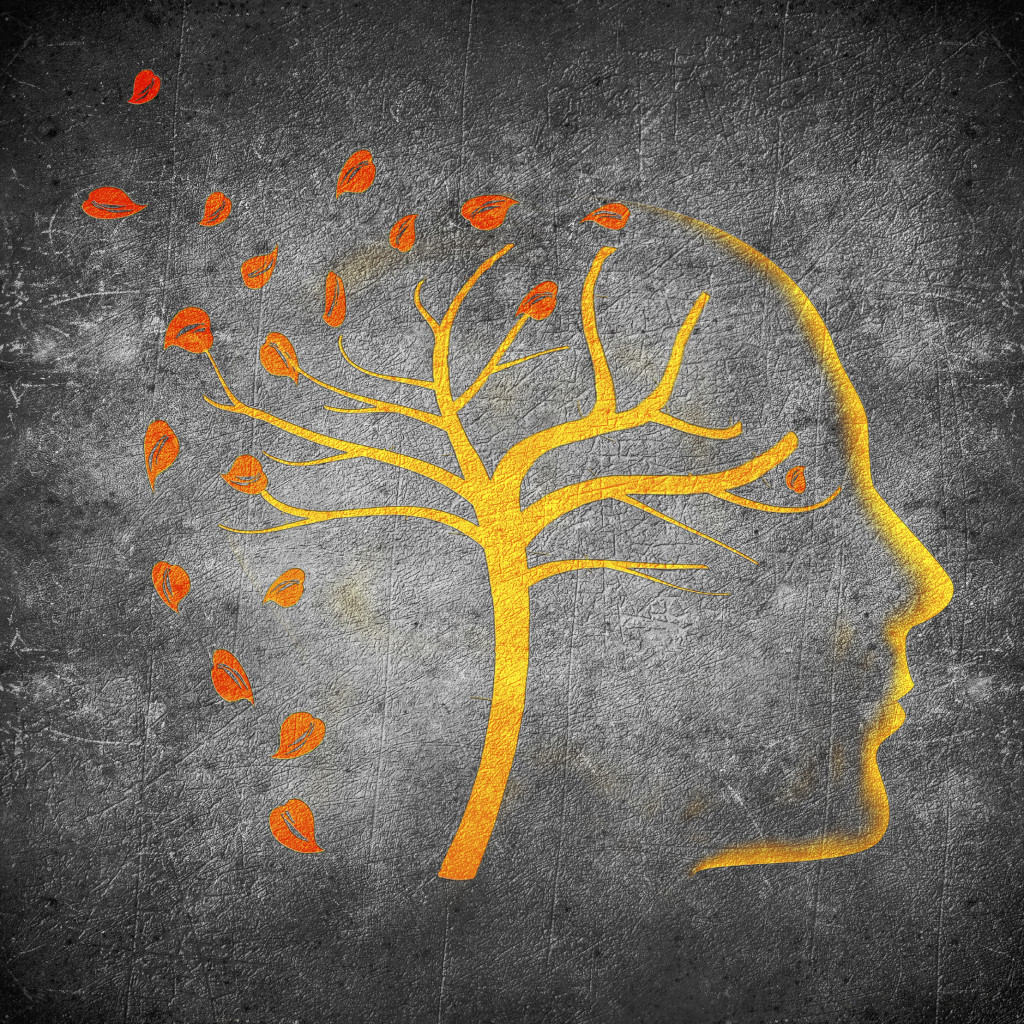Did you know that a “growth mindset” can add a critical boost to your ability to innovate at work? There is now evidence that this fundamental lens through which to view your daily challenges and effort, is also foundation for enhancing the creative process.
Neuroscientists at UCLA have found that in order to innovate, one must inhibit the status quo or habitual response. This may seem obvious, but it’s important and has to be practiced, because it is not our default.
Our brain has been set up to be very efficient. And while this is important and helpful in many of life’s scenarios (imagine our automatic response to stop suddenly when a ball rolls out into the street in front of our car), it leads us to easily default to what has been our most common response thus far. Therefore, our initial response is to follow the routine, doing what we know or have always done, and it takes deeper conscious thought that breaks with automaticity to be cognitively flexible and find a creative solution.
Imagine those afternoons at work when you’re tired and give in to your instinct for another cup of coffee or social media jaunt. Perhaps a healthier and more creative approach would be to take a walk or close your eyes for a short nap or meditation. Addressing the every day problem with an alternative response does usually take a bit more effort, but these seemingly small efforts are exercising the parts of your brain that will help you be more creative.
And here’s where growth mindset comes in. We learn from growth mindset that effort counts, of course. But in her recent reassessment, Dr. Dweck underscores how important thoughtful and guided effort is. The effort can’t be mindless. In other words, simply repeating an unsuccessful strategy again and again is not going to help you learn nor be more creative.
On the other hand, being willing to try new approaches on repeated attempts, in ways both big and small, will not only help you learn, but it will build that cognitive flexibility that we now know to be a fundamental component of creativity.
So rather than what many of us have imagined, that creative insights are mystical, epiphanic moments, the reality is these events are the results of years of hard work declining to take the easier, familiar path in favor of the less traveled no matter how small.

